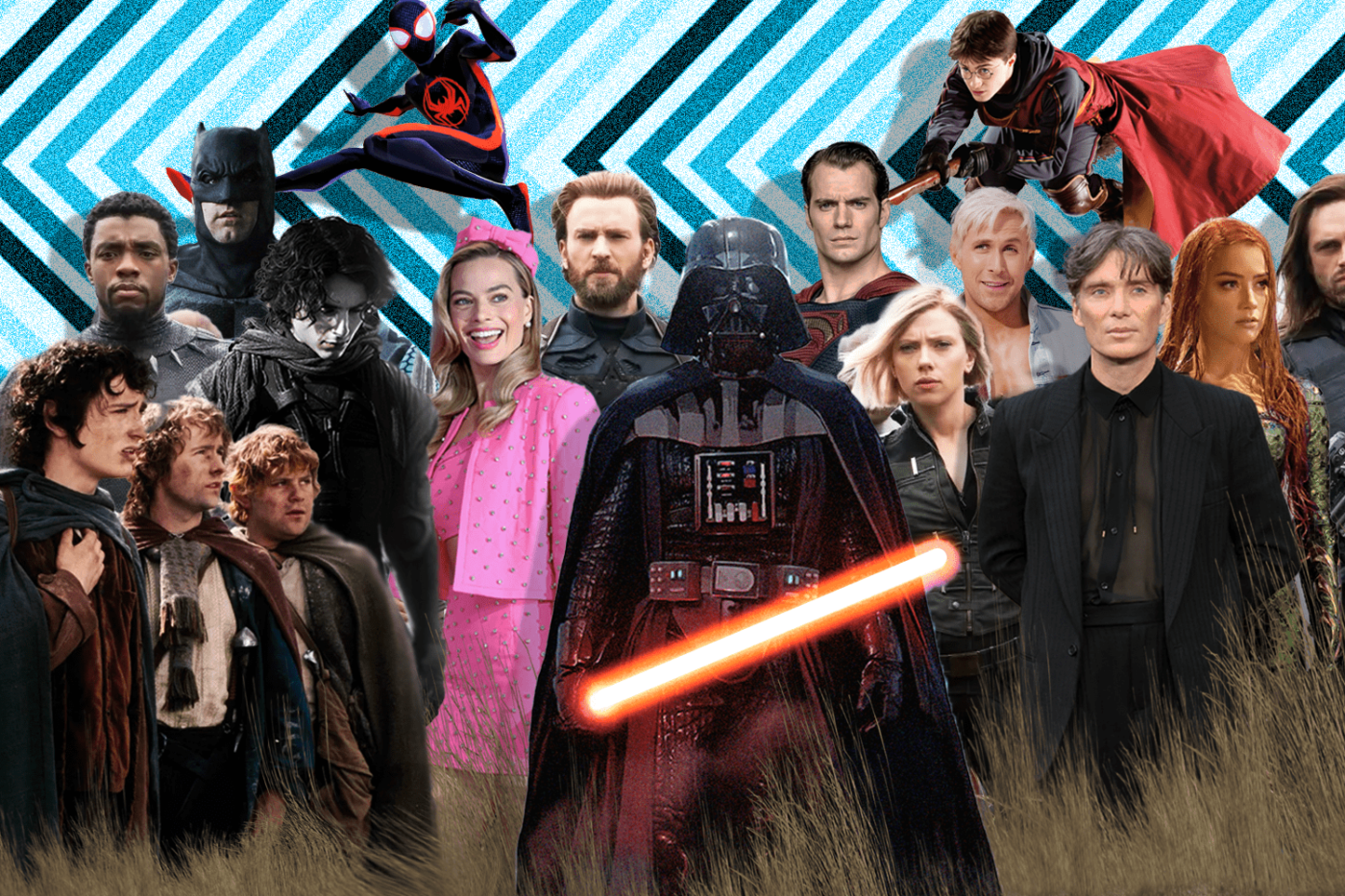The global success of Greta Gerwig’s Barbie movie, starring Margot Robbie and Ryan Gosling, has sparked Mattel bosses to initiate an expanded cinematic universe, encompassing Hot Wheels, Polly Rocket, Barney and other Mattel favourites from your childhood; but it begs the question: Does every movie need to have its own cinematic universe?
Cinematic universes are everywhere
The idea of a cinematic universe isn’t exactly a new phenomenon; made popular through the unprecedented success of Harry Potter, Alien, The Lord of the Rings, Star Wars and of course, Marvel and the all-conquering MCU, Hollywood studios and streaming giants have long tried to replicate the runaway success of these celebrated titles by creating fresh and exciting universes for eager cinema audiences.
Harry Potter was able to do this to devastating effect. Of course, supported by the existing fandom created by J. K. Rowling through her book series of the same name, Harry Potter reached a climactic crescendo after years of world-building, with overarching themes and plots that are central to the story and its dramatic final conclusion.
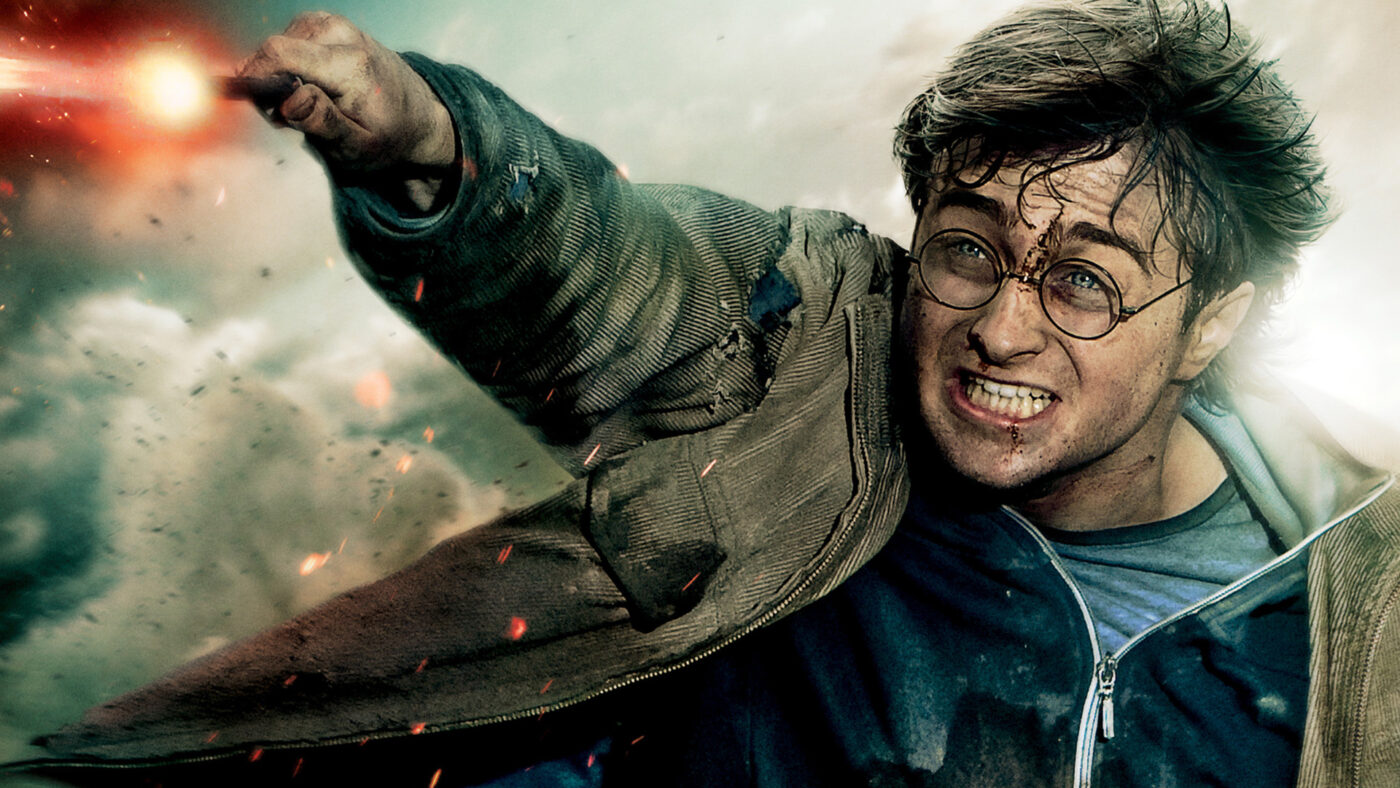
So too, Marvel and the first three phases of the MCU. It almost felt like a societal event when Thanos and Iron Man were engaged in the final face-off during the events of Avengers: Endgame; a clutch moment, a shared experience.
It’s remarkable to think that Sony once had the opportunity to buy the rights to all of Marvel’s characters for a series of films, instead opting to just purchase Spider-Man as they didn’t think there’d be much commercial interest in Iron Man, Thor or Captain America.
Barbie made history
Now, as Greta Gerwig’s Barbie is confirmed as the highest-grossing movie in Warner Bros.’ history, surpassing one of the most celebrated – and lucrative – movie franchises of all time, Harry Potter and the Deathly Hallows: Part 2, Mattell bosses are licking their lips at the prospect of an expanded Mattell cinematic universe.
“We believe in the long-term opportunity for Barbie. But we need to evolve her, keep her relevant and in the centre of cultural conversation.”
Ynon Kreiz
Barbie is, historically, Mattel’s best-selling brand, generating more than $1.5 billion USD (~$2.3 billion AUD) annually. “People who buy our products aren’t just consumers,” says Kreiz. “They are fans, who have an emotional relationship to the products. Kids touch, hug and go to bed with our toys.”
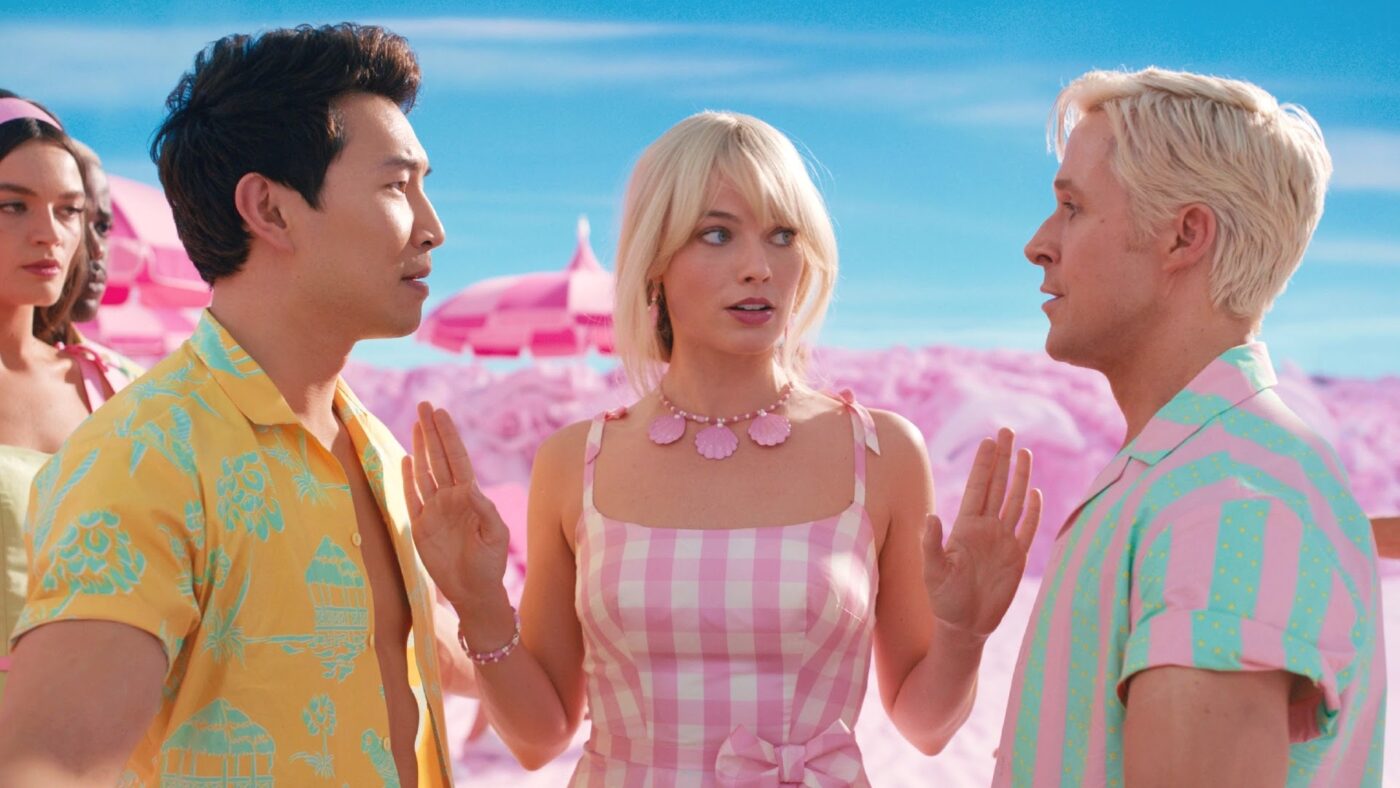
In Barbie, Will Ferrell is revealed as the egocentric – albeit fictionalised – CEO of Mattel, the toy company that created the Barbie dolls. Ferrell’s character is maniacal, obsessive and villainous, attempting to capture Margot Robbie’s Barbie character at the end of the film.
“Barbie is this massive blockbuster, and the idea is: ‘Make more movies about toys!’ No — make more movies by and about women!”
Randall Park
Audiences were left laughing at Will Ferrell and the over-the-top depiction of the evil Mattel bosses, who want to control the plastic world and ultimately profit off Barbie; ironic then, that the real-world company that is profiting exponentially from Barbie’s global cinematic success is looking to expand the universe even further.
It’s an interesting presentation of Matell as a brand, and a self-deprecating take on Mattel’s hierarchy considering the toy company ultimately greenlit the production. It makes you question who is the butt of the joke after all…
A successful cinematic universe is appealing to studios
Cinematic universes are naturally appealing to studios, exploring multiple narratives through unbridled world-building, character origin stories, multiverse theories and innumerable – sometimes conflicting – timelines.
Characters and storylines are interconnected in a way that feels genuine and familiar, with easter eggs interlinking titles that are independent of each other, but part of a much larger plot.
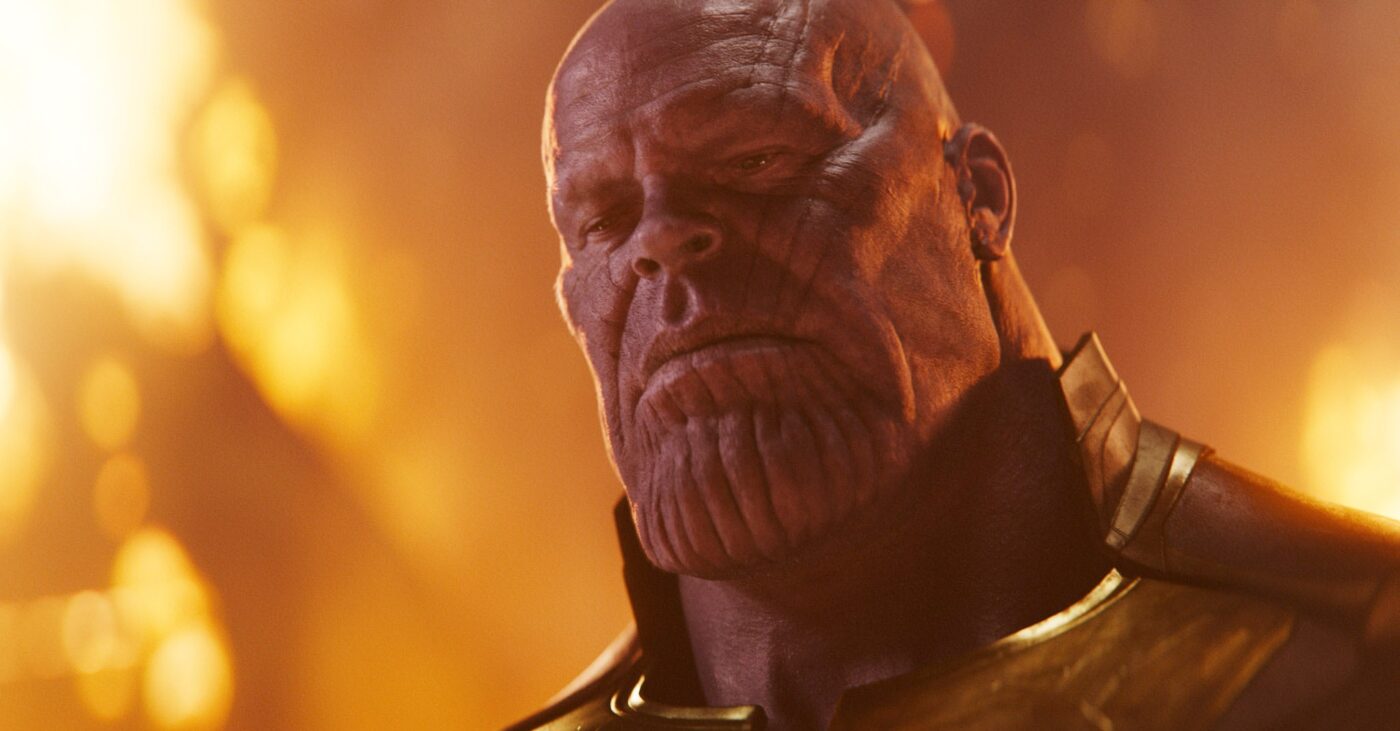
RELATED: The Best and Worst Marvel Series in MCU, According to IMDb
Audiences, who have followed the evolving narratives from the first phase of films, feel invested in the outcome of the plot and, as such, are likely to return to the cinema to see the latest title. However, the global success of Barbie, whilst historic, doesn’t necessarily mean audiences want to see how the Mattel Universe will come to life.
The relevance and global appeal of Barbie don’t lend themselves to wider world-building; create more Barbie movies, and develop this story through sequels, but I don’t see the value in building an extended universe.
What happened to the standalone movie?
DC and Warner Bros. have been flirting with an Extended Universe since the 1990s, but have failed to lay down the groundwork for any finished project. It leads to incomplete story arcs, unsatisfactory storylines and the recasting of beloved and iconic characters with each failed attempt.
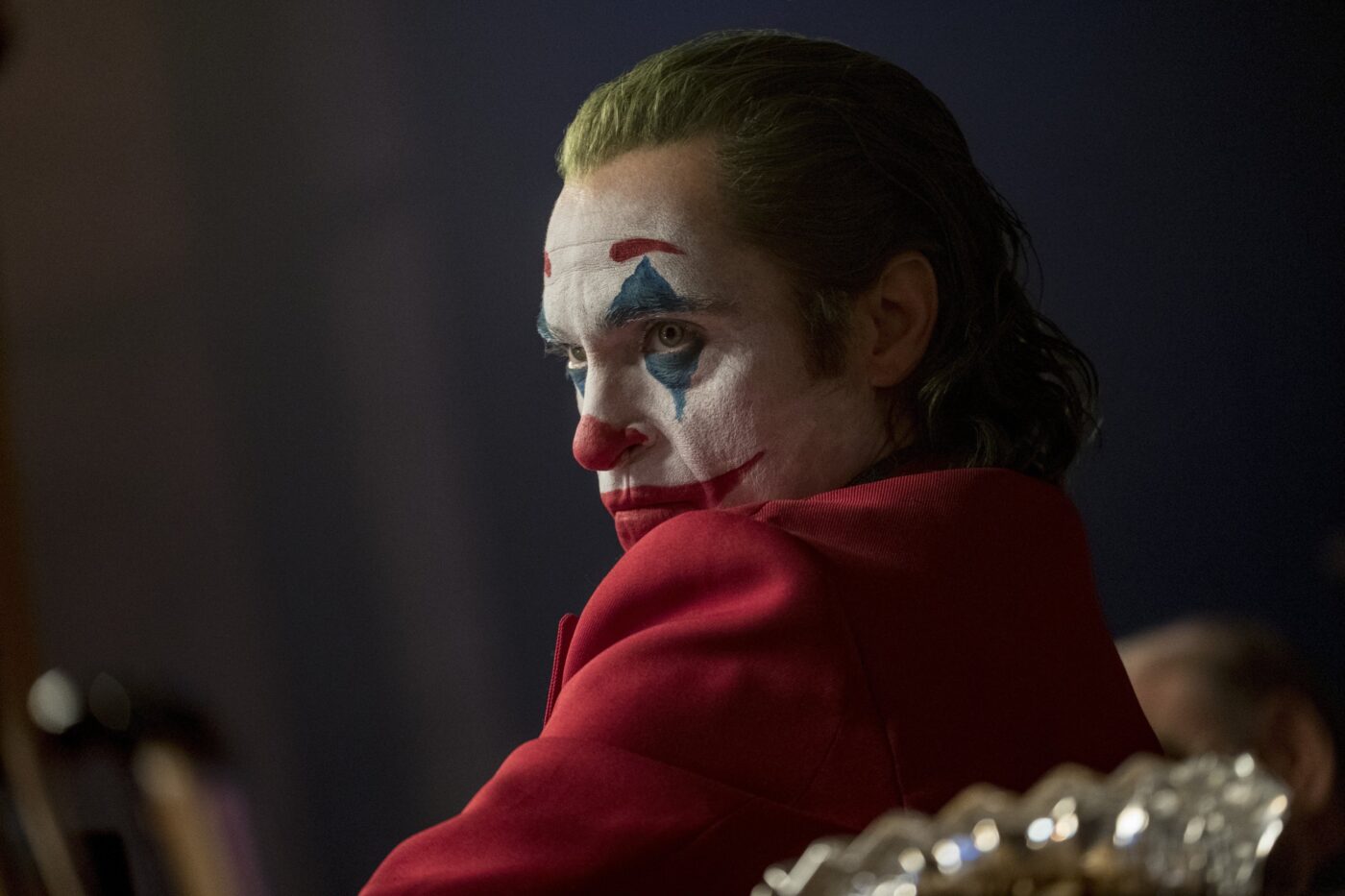
Notably, two of the best movies released in recent years have been Joker and The Batman; two standalone triumphs that break the trend amongst the confusion of the DCEU.
Of course, these stories need to be adapted and developed, but it’s not always necessary to build an overarching universe that awkwardly encompasses all the DC characters.
I’ve lost count of how many Batmans we’ve seen in the last 20 years, although you can see most of them in the latest Flash movie… no I didn’t either.
But as the idea of the multiverse has now been introduced, there’s every chance that Robert Pattinson and Joaquin Phoenix can make their way into the ever-expanding DCEU.
Warner Bros. knows all too well the potential potholes that a cinematic universe can bring. If Mattel wants to capitalise on the resounding success of Barbie and the unwavering support of its fans, it’s in their best interests to learn from the missteps of the past, to ensure Barbie’s continued longevity for years to come.
